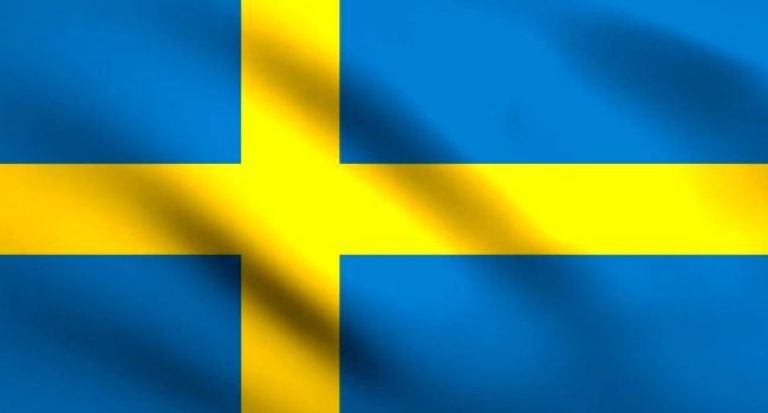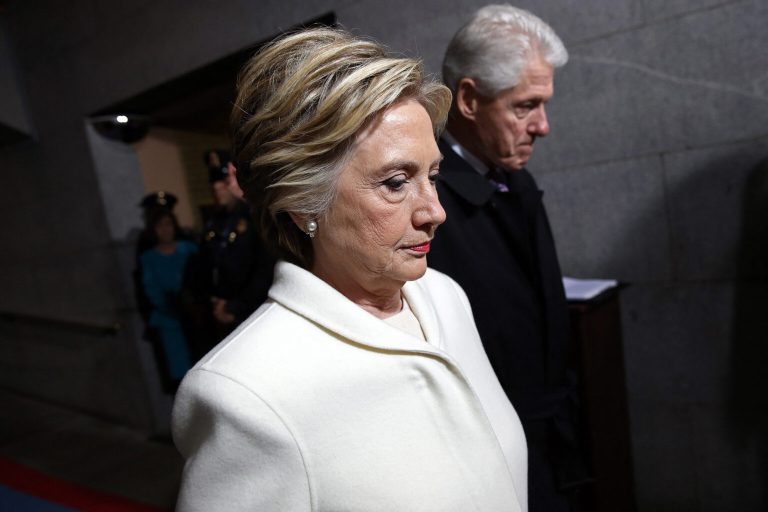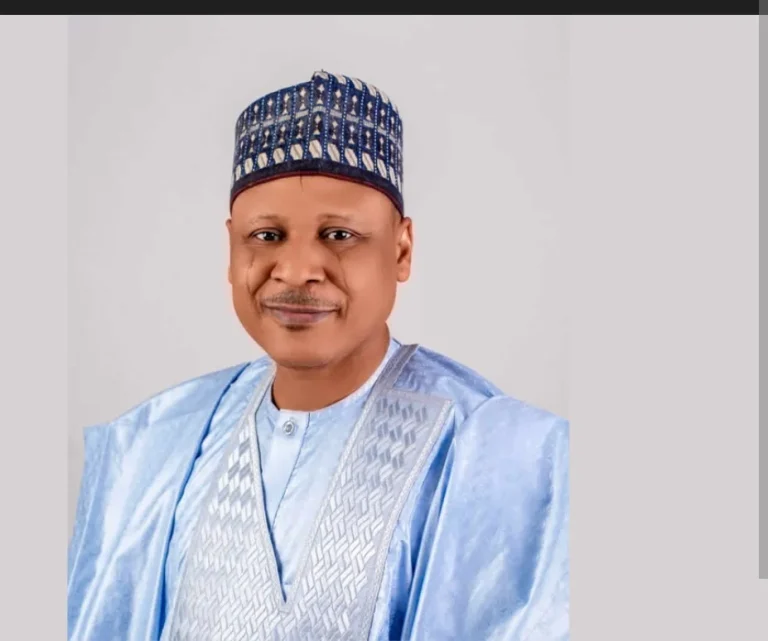
With just six days to 2023 general elections, Nigerians are approaching the crucial political event while dealing with economic crises that have negatively impacted their everyday lives, LEKE BAIYEWU writes
Nigerians are heading towards the 2023 general elections in hardship, pain, and difficulty, no thanks to the actions and inaction of the government, especially at the federal level.
Apart from the increasing pump price and the scarcity of Premium Motor Spirit, popularly known as “petrol,” the Central Bank of Nigeria has recently introduced money policies that have worsened the people’s plight.
The President, Major General Muhammadu Buhari (retd.), finally broke his silence on Thursday by addressing Nigerians via a national broadcast on the developments.
In the address, he made it known that the CBN policy would add value to the forthcoming elections.
“Fellow citizens, on February 25, 2023, the nation will elect a new president and National Assembly members. I am aware that this new monetary policy has also contributed immensely to the minimisation of the influence of money in politics. This is a positive departure from the past and represents a bold legacy step by this administration towards laying a strong foundation for free and fair elections,” he partly said.
The CBN, shortly after it set lower limits for cash withdrawals from the Deposit Money Banks and other financial institutions last year, redesigned the N1,000, N500, and N200 notes and asked the public to exchange the old notes for the redesigned ones within a timeframe—adjusted twice already.
The policy has created chaos in the country due to the scarcity of the new notes and the expiration of the old ones (its non-acceptance as a legal tender).
While the banks have mopped up the old notes as ordered by the CBN, depositors can hardly access their funds, which can only be obtained in the new notes that are scarce even in the banking system.
This, according to the series of reports done by The PUNCH, has led to hardships, further leading to unrest, destruction, violent protests, arson, and even deaths in different parts of the country.
The polls are a few days away, and the electorate, whose votes are perhaps the most critical in the process of electing a new set of leaders, have been economically incapacitated.
The Director-General, National Institute for Legislative and Democratic Studies, Prof. Abubakar Sulaiman, emphasised this recently when he said Nigerians now doubt the benefits of democracy, going by the recent developments in the country.
In his opening remarks at a two-day capacity building workshop organised by a Germany-based pro-democracy organisation, the Konrad Adenauer Stiftung, for the Senate and House of Representatives Press Corps, Sulaiman noted that the country was drawing closer to “one of the most consequential elections in the history of our democracy.”
“A few weeks before the general elections, the very essence of our nationhood is being questioned. Nigerians are now asking whether a nation built on a fragile but optimistic foundation can endure. Equally, there is a raging debate as to whether democracy has improved people’s lives all these years and if it has the answers to all the problems that confront our country today.
“Nigerians are headed to the polls on the heels of unprecedented economic hardships and insecurity that have upended the lives of millions. This is the context of this workshop. It is premised on the notion that the media is central to the survival of democracy, particularly in the way you frame and report on the myriad challenges we face. If there is ever a time the media is expected to report responsibly, the time is now because a lot is riding on the way the media covers and reports stories ahead of the elections.”
Already, several members of the National Assembly have lamented the scarcity of cash to finance logistics and mobilise party faithful and supporters during the campaigns. Several lawmakers in the Senate and the House, who are candidates of various political parties, described how it had been difficult to carry farmers, fishermen, and other members of the informal sector along in the electioneering, especially in the rural areas.
Observers of the developments in the country have said the crises are now taking on political and security dimensions.
The CBN policies have especially created division among Nigerians, especially the political elite.
Even in the House, the leadership is sharply divided. The Speaker, Femi Gbajabiamila, the Deputy Speaker, Ahmed Wase, and the Majority Leader, Alhassan Ado-Doguwa, for example, have all criticised the poor implementation of policies that have resulted in hardships in the country.
However, the Minority Leader, Ndudi Elumelu, hailed the apex bank for driving the country towards a cashless economy.
Just on Tuesday, Gbajabiamila said the recent policies introduced by the CBN and the scarcity of PMS had shown that some people were out to sabotage the successes recorded by the President Muhammadu Buhari-led regime. He had said this while launching the second edition of GbajaRide, a community transportation initiative to ease the movement of residents and students in Surulere, Lagos State, particularly due to the hardships caused by the ongoing currency swap policy and fuel scarcity.
The Speaker, who is representing Surulere 1 Federal Constituency in Lagos at the House, was quoted to have said, “The House of Representatives, under my leadership, has been on the side of the people, working tirelessly to rescue you from economic saboteurs seeking to derail the successes of President Buhari and the APC administration. I am glad that the judiciary also confirmed our position on the implementation of the naira redesign policy of the central bank. The good news is that relief is underway.”
The security dimension of the matter is reflected in the warning issued by the Office of the National Security Adviser on February 9, 2023, which expressed fears that the CBN might frustrate military operations if not properly executed, as it will become difficult to pay troops on the battlefields.
The National Security Adviser, Maj.Gen. Babagana Monguno (retd.), who was represented by one Rear Admiral Abubakar Mustapha, made this known while appearing before the House’ ad hoc committee on the Central Bank of Nigeria’s Cashless Policy and to Extend the Timeframe of the Currency Swap.
According to him, banking policies, if not properly implemented, might make it difficult to pay troops in remote locations where there are no telecommunications services.
Meanwhile, the warning came at a time when the military and paramilitary agencies are being charged with providing adequate security and a conducive environment for voters to exercise their franchise during the elections.
As the leadership of the National Youth Service Corps is warning ‘corpers’ against partisanship and manipulation as they are deployed for ad hoc electoral duties, indications have emerged that the scarcity of the new naira notes might frustrate the logistics to be provided by the Independent National Electoral Commission, Nigeria’s electoral umpire.
The Resident Electoral Commissioner of INEC in the Federal Capital Territory, Yahaya Bello, recently warned that if nothing was done to address the cash crunch caused by the CBN policies, it would be difficult to deploy staff and materials for the elections.
Speaking at a roundtable in Abuja on Tuesday, Bello partly said, “When you talk about the challenge, sincerely, the challenge to this election as we are going about it now in the FCT, and by and large, I believe, all over the nation, is the cash policy because we have already enumerated and made our position clear to the authorities: the CBN, the Federal Government, and what have you, exactly how we conduct elections. This is something that is not only about the FCT; as I said, it is nationwide and is being tackled at the national level. If there is any challenge for me now, conducting this election, it is to wait and hear the outcome of the discussion and the brief from the commission’s chairman for whatever they have discussed with the CBN and other authorities with regards to this policy. We are ready for this election.
“Before election day, we are going to deploy the service providers. On the night of Friday, February 24, the eve of the election, in the FCT, we have more than 12,000 ad hoc staff that we are going to pay in cash; none of them will receive a cheque or accept a transfer. I’m referring to FCT, which will necessitate about N5,000 in cash on Friday night.
“Also, those who are going to transport our men, materials, and security to the polling units will need cash to do that. In Kano, we have 44 local government areas. They are going to move to how many polling units? There is money for security because you cannot take a security person to a polling unit without giving him money to eat. And if I don’t see the N1,000 you have given him, he will go to the POS and withdraw it.”
According to the convener of the Concerned Nigerians, a civil society group led by Deji Adeyanju, noted that determined Nigerians will cast their ballots at the polls regardless of the challenges.
Analysing the impact of the fuel and naira crises on the polls, the political activists see no significant changes in the attitude of the people towards the electoral exercise.
Adeyanju said, “Sincerely, I don’t see how anybody who had made up their mind to vote for anybody would not come out to vote. People who refuse to vote are either those who had no intention of voting in the first place or many city dwellers that are not usually serious on election days; they treat elections with levity.
“Local residents, on the other hand, would vote for the candidates of their choice regardless. So, I am convinced that nothing will prevent any of the people who have already made up their minds about voting for a particular candidate from voting on Election Day.
“However, it is now our collective responsibility to constantly push Nigerians and give them reasons why they should vote in this election, and especially why they should vote against the APC, which has brought the country untold hardships.”
Despite his criticism of the president’s decision to extend the expiration date of the old N200 note until April 10, the political activist stated, “This means that the president already knows that some people have already warehoused billions to be unleashed on the electorate, and his intention and desire is that Nigerians should not suffer. That is why he made N200 (notes) available to the people.”
(TNT)







826951 7094Could it be okay to write several of this on my small web website only incorporate a one way link towards the web site? 671345